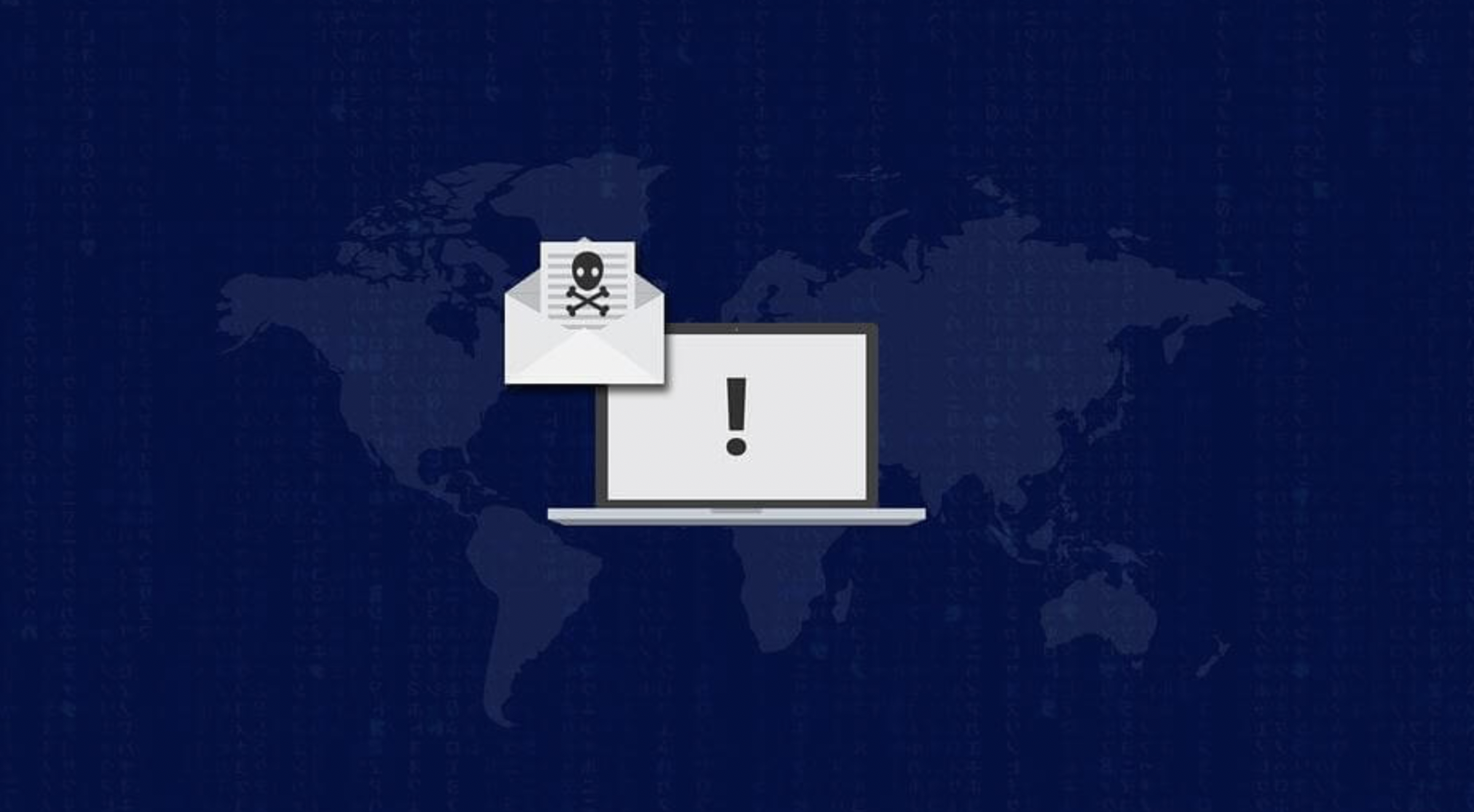Data reveals link between cybersecurity failures and ransomware incidents
ExtraHop, the leading provider of cloud-based network detection and response (NDR), today released the Global Cyber Confidence Index 2023. The study, titled “Cybersecurity Failures Increase Costs and Ransomware Risks,” shows a correlation between cybersecurity failures and increased vulnerability to cybersecurity incidents, including ransomware, among organisations around the world.
The study, which compares IT leaders’ cybersecurity practices with the reality of the attack landscape, found that businesses experienced a significant increase in ransomware – from an average of four attacks in five years in 2021 to four attacks in one year in 2022. Of those who were victims of ransomware, 83% admitted to paying the ransom at least once.
As organisations are increasingly attacked, the data revealed that they are increasingly suffering from their cybersecurity failures – unaddressed security vulnerabilities such as unpatched software, unmanaged devices, shadow IT and insecure network protocols that serve as access points for malicious actors. Among the report’s key findings:
Outdated practices are to blame
More than three-quarters (77%) of IT decision makers say outdated cybersecurity practices contributed to at least half of the cybersecurity incidents in their organisations. Despite these worrying figures, less than a third of respondents said they had immediate plans to address the outdated security practices that put their business at risk.
Basic cyber hygiene is lacking
98% of respondents use one or more insecure network protocols, an increase of six per cent compared to 2021. Despite calls from leading technology vendors to phase out SMBv1, which played a major role in the spread of WannaCry and NotPetya, 77% still use this protocol in their organisations.
When it comes to unmanaged devices, 53% say that some of their critical devices can be accessed and controlled remotely. Another 47% say their critical devices are exposed to the public internet.
Trust in cloud security is on the rise
As organisations move business-critical applications and sensitive data to the cloud, the need to monitor cloud workloads is increasingly relevant. With a greater focus on their cloud environments, 72% of respondents said they were completely or mostly confident in the security of their organisation’s cloud workloads.
“It’s not surprising that IT and security teams, faced with staff shortages and shrinking budgets, are putting aside some of the basic cybersecurity requirements that may seem more mundane or expendable,” said Mark Bowling, chief risk, security and information security officer at ExtraHop. “The likelihood of a ransomware attack is inversely proportional to the size of the unprotected attack surface, which is an example of a cybersecurity failure. The liabilities and ultimately the financial damage resulting from this lack of prioritisation exacerbate cybersecurity due to past failures and increase the risks to organisations. Better insight into the network with an NDR solution can help present the true state of affairs and illuminate the most pressing vulnerabilities so they can better address their past cybersecurity failures.”
Download the Global Cyber Confidence Index 2023: Cybersecurity Debt Drives Up Costs and Ransomware Risk.





